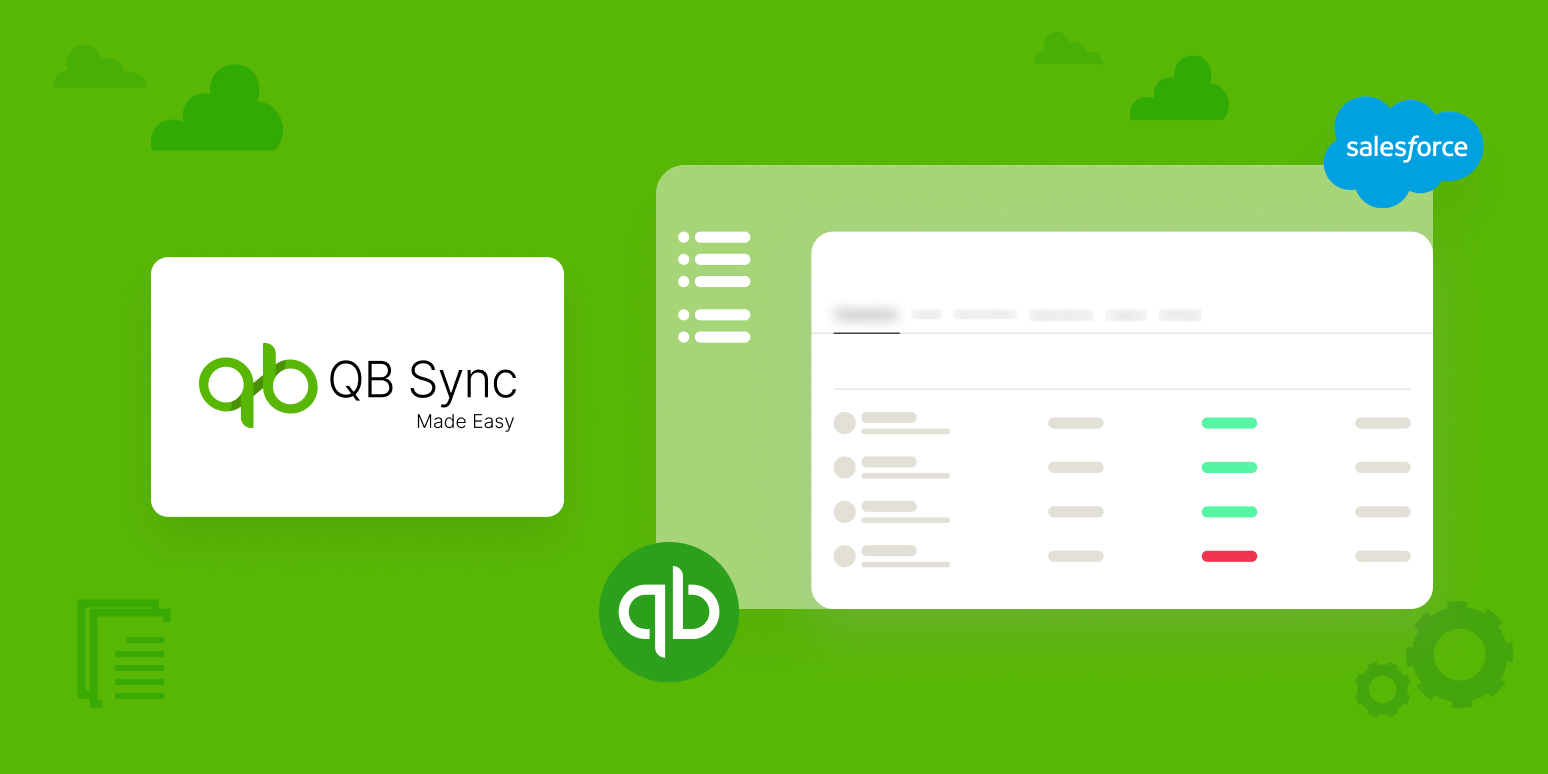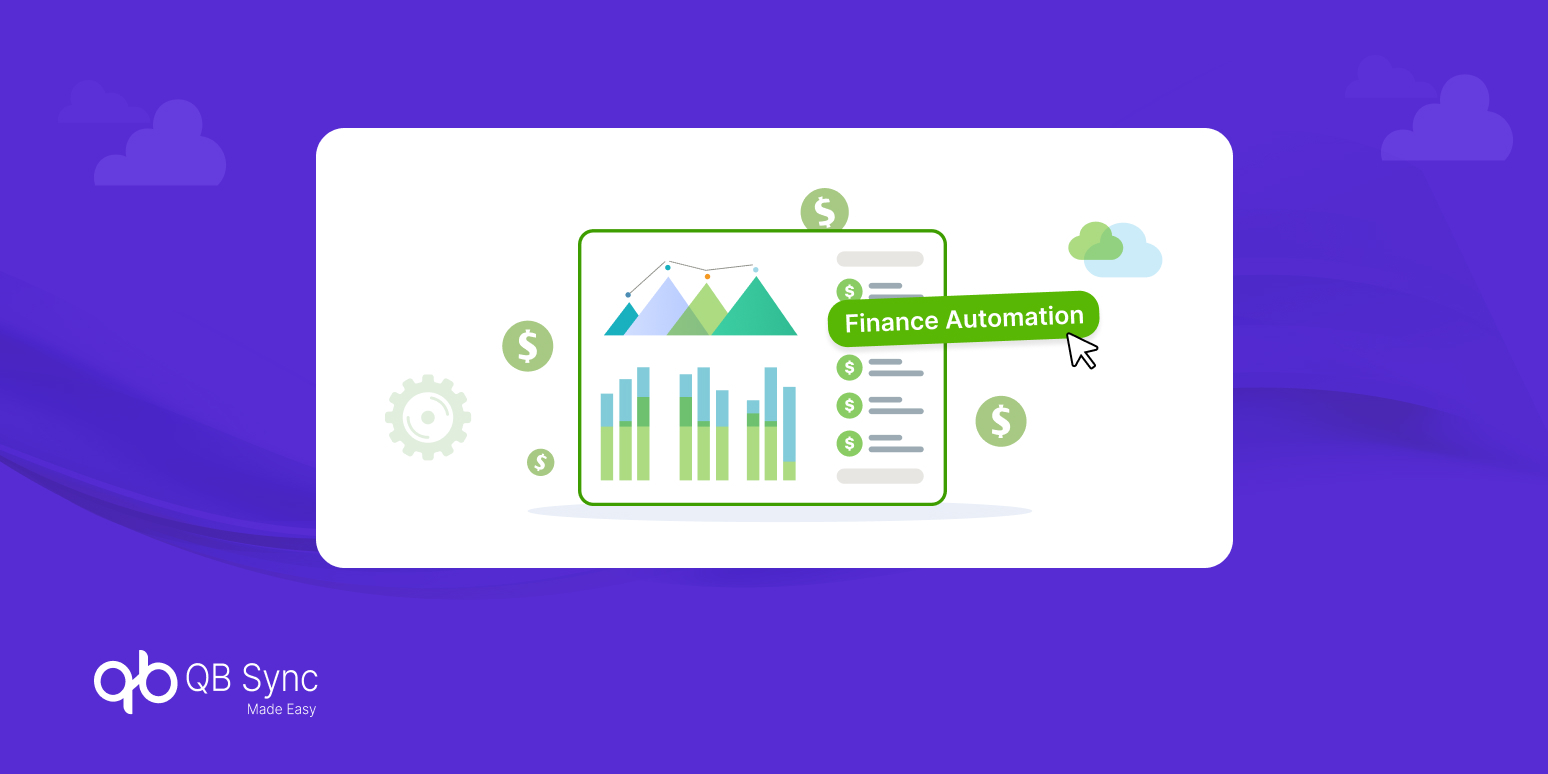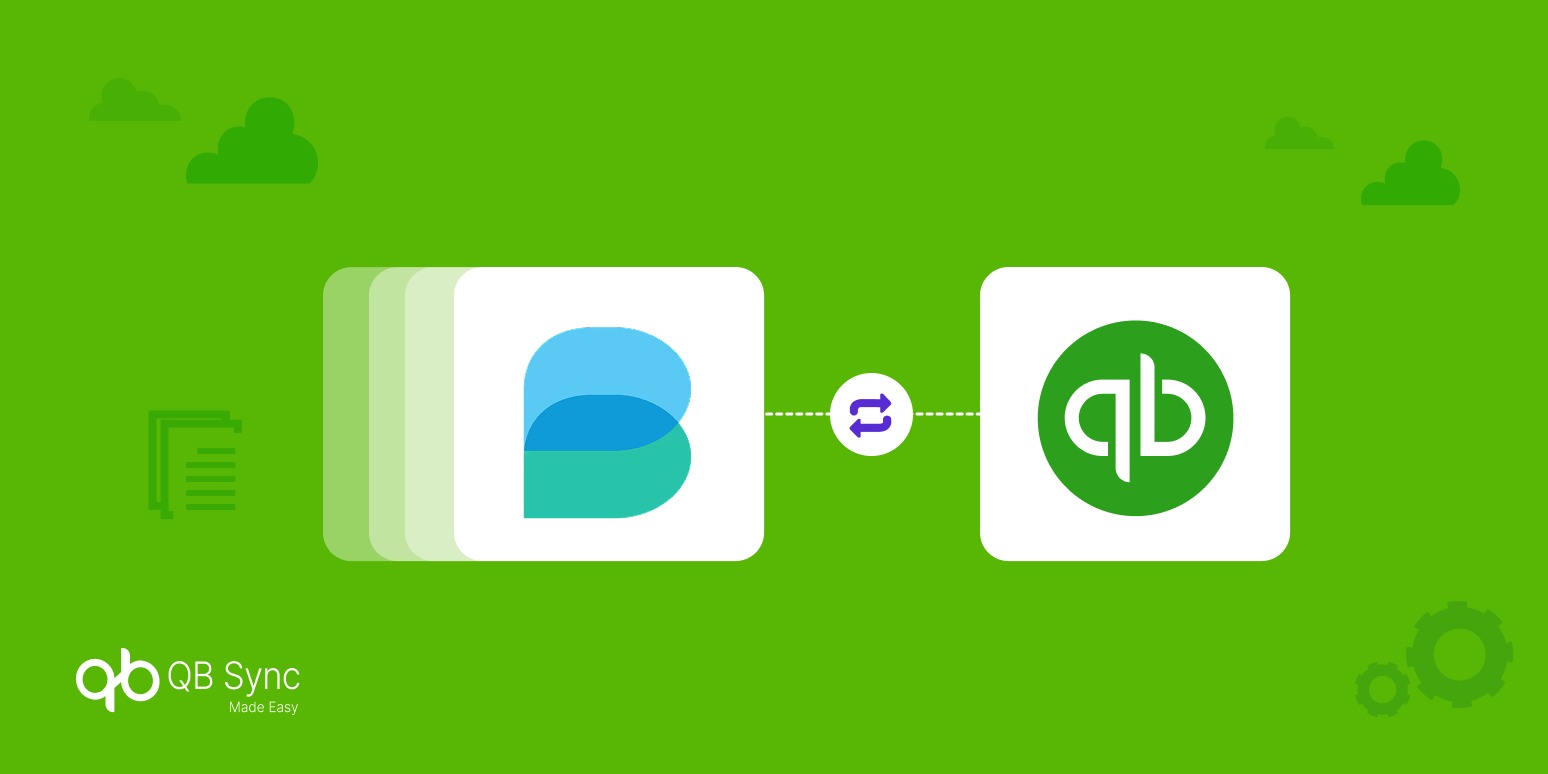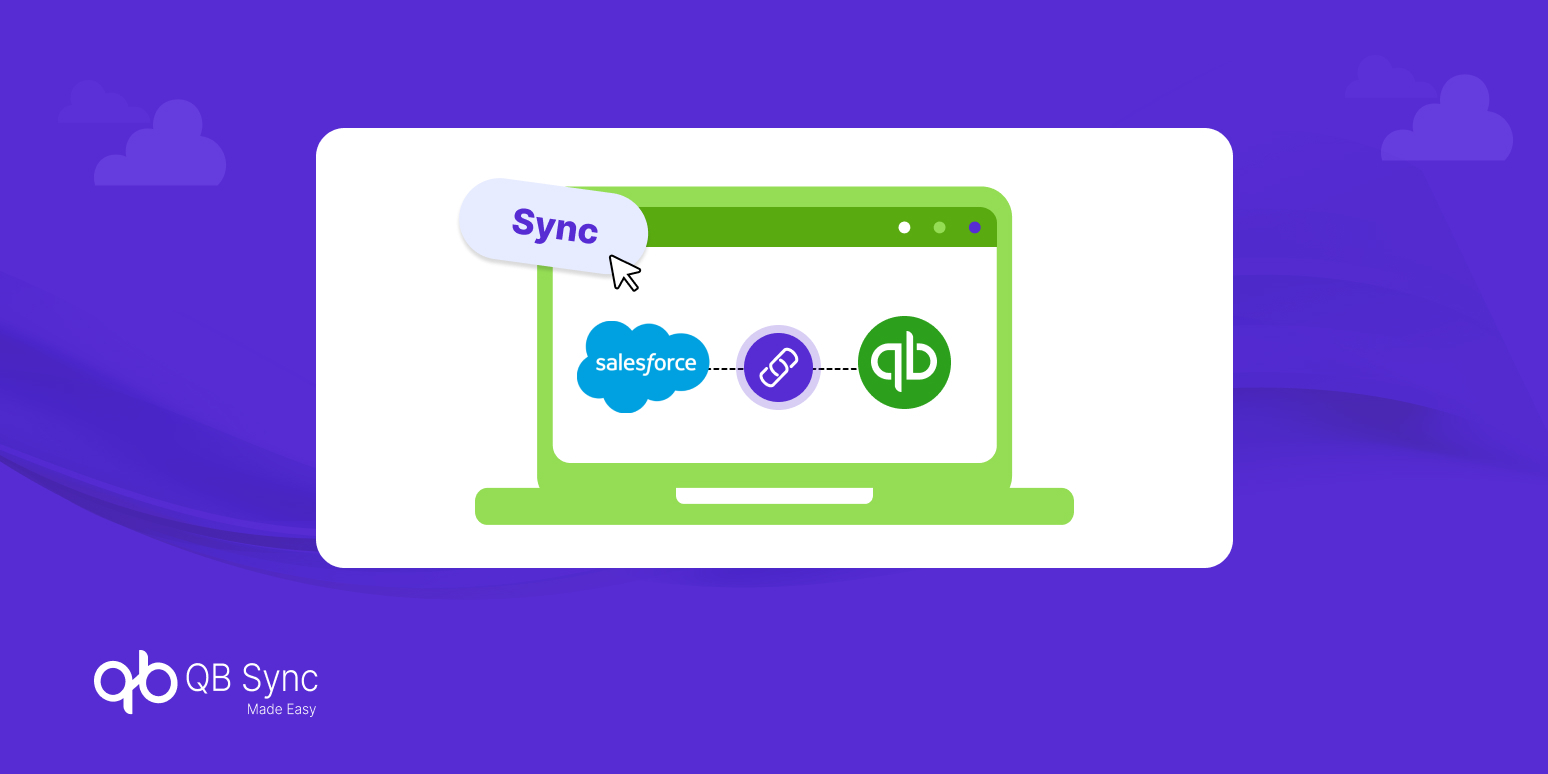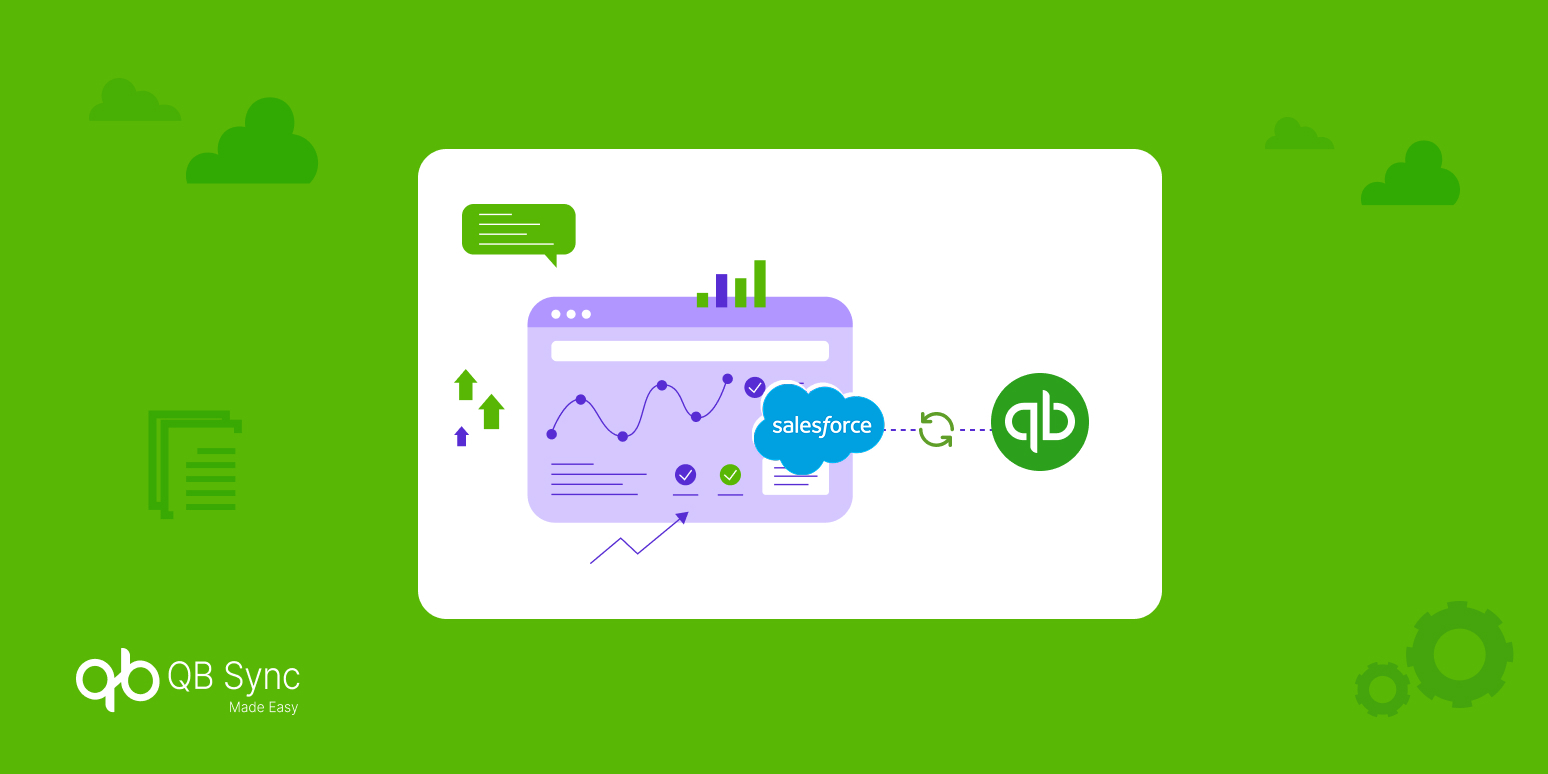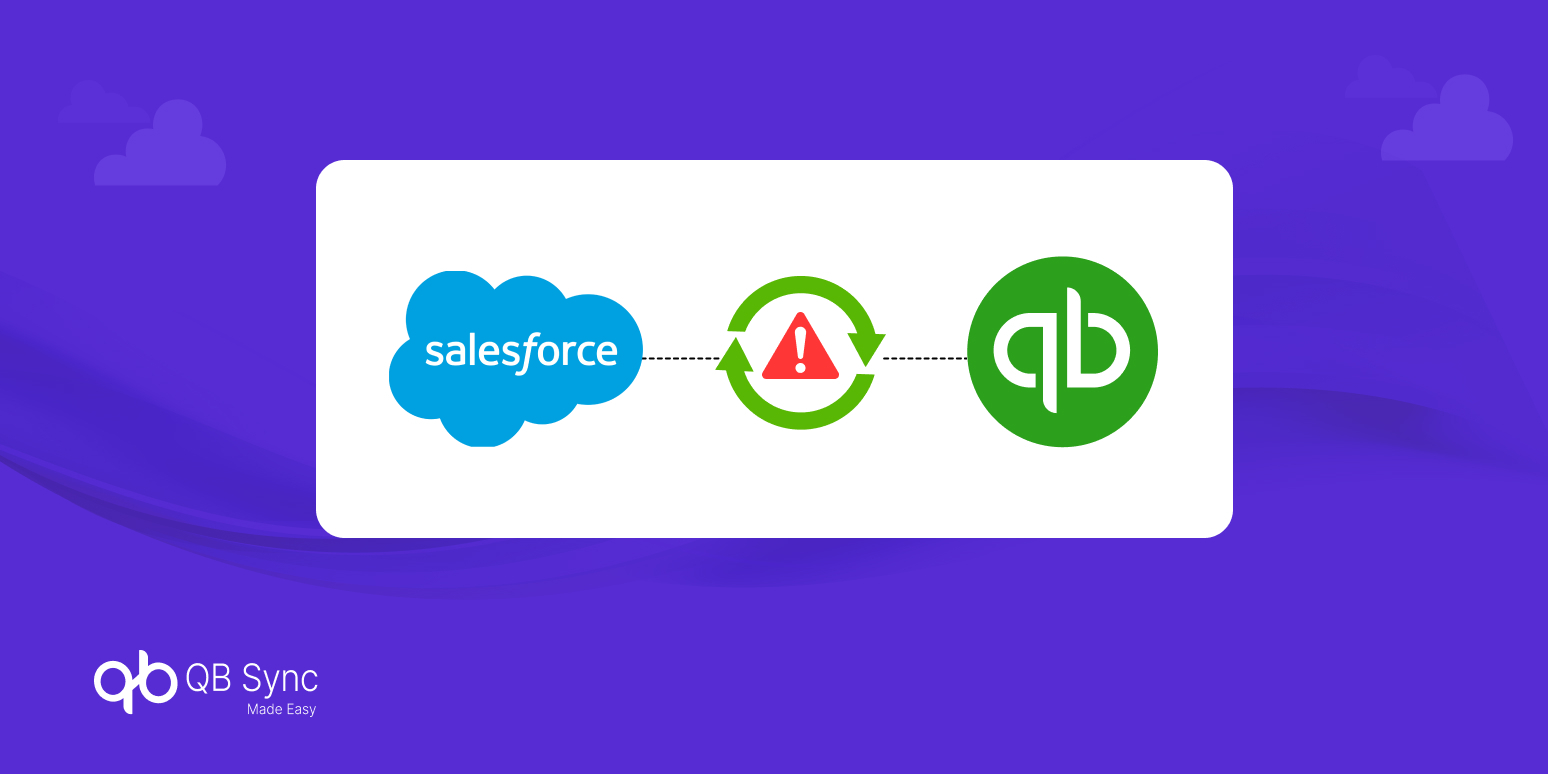Managing finances efficiently is at the heart of every successful business. With millions of U.S. businesses already relying on QuickBooks, the demand for seamless QuickBooks integrations is growing rapidly. From connecting CRM systems to eCommerce platforms, QuickBooks integrations make accounting simpler, smarter, and more accurate.
But with more than 650 available QuickBooks Online integrations, how do you know which ones are right for your business? In this guide, we’ll explore what QuickBooks integrations are, why they matter, and the best options available today—including the benefits of integrating Salesforce and QuickBooks Online.
What Are QuickBooks Integrations?
QuickBooks integrations connect QuickBooks with other business applications—CRM, payroll, eCommerce, or project management tools. The goal is simple: reduce manual data entry, streamline workflows, and ensure your financial data stays accurate across platforms.
For example:
- An eCommerce integration automatically syncs customer orders into QuickBooks.
- A CRM integration (like Salesforce and QuickBooks Online integration) ensures customer data and financials always match.
- A payroll integration automates salary calculations and tax deductions.
In short, integrations help your team spend less time on repetitive tasks and more time growing the business.
Why QuickBooks Online Integrations Are Essential
While QuickBooks Desktop still serves many businesses, QuickBooks Online integrations have become increasingly popular because they support real-time syncing, easier collaboration, and remote accessibility.
One major advantage is automated invoicing and payment tracking. Instead of manually creating invoices and checking payment statuses, QuickBooks Online integrations handle these processes seamlessly, ensuring businesses get paid faster with fewer errors. Another benefit is centralized customer and sales data, where CRM and sales channel information sync directly into QuickBooks. This helps businesses avoid duplication and maintain accurate records.
QuickBooks Online also provides real-time financial insights. Business owners can access updated cash flow, profit and loss reports, and balance sheets anytime, from any device. The platform’s scalability means companies can keep adding integrations as they grow without changing their core accounting system. Finally, QuickBooks Online supports multi-user collaboration, making it a great solution for remote and distributed teams that need secure access to financial data from anywhere.
Popular Categories of QuickBooks Online Integrations
QuickBooks Online integrates with more than 650 business apps. Each category of integration is designed to address specific business needs, from automating payments to managing sales channels. Let’s explore the most impactful types of QuickBooks integrations:
Accounts Payable and Time Tracking
For companies managing multiple expenses and employee payroll, QuickBooks Online can integrate with time-tracking tools like QuickBooks Time. This ensures that employee hours flow directly into payroll and billing, reducing errors and saving time. Businesses can also connect with inventory management tools to track orders, purchases, and costs automatically.
Data Entry Automation
Repetitive data entry is one of the biggest pain points for finance teams. By integrating QuickBooks Online with payment processors like PayPal and Square, transactions automatically import into QuickBooks without manual input. Similarly, integrations with platforms like Amazon Business allow purchases to be recorded instantly in QuickBooks, ensuring accurate financial records and less manual work.
Sales Channel Integrations
Many businesses sell across multiple platforms, and consolidating sales data manually can be overwhelming. With QuickBooks Online integrations for Amazon, eBay, and Shopify, all order data, refunds, and payouts automatically sync into QuickBooks. This creates a unified financial view without requiring constant manual reconciliation.
Productivity and CRM Integrations
One of the most powerful use cases is Salesforce and QuickBooks Online integration. By connecting customer data from Salesforce with financial data in QuickBooks, businesses get a complete picture of customer interactions and revenue. Sales teams can view invoice statuses, while finance teams can see sales opportunities and payment history. Beyond Salesforce, productivity tools like Method:CRM and BigTime also enhance operations when connected with QuickBooks.
Multi-Channel and Global Business Management
For businesses operating across multiple regions, QuickBooks integrations provide consistency and visibility. By syncing eCommerce platforms, CRMs, and accounting under one system, companies eliminate silos, generate accurate global reports, and scale operations more effectively.
Integrating Salesforce and QuickBooks
Among the wide range of integrations available, one of the most valuable is integrating Salesforce and QuickBooks. This integration bridges the gap between sales and finance, enabling teams to work from the same accurate data.
For example, when a customer is added or updated in Salesforce, that information can sync directly into QuickBooks. Likewise, invoices and payment history appear alongside Salesforce customer records, giving sales teams financial visibility without switching platforms. Finance teams, on the other hand, can forecast revenue more accurately because Salesforce opportunities are linked with QuickBooks financial data.
In simple terms, Salesforce and QuickBooks Online integration transforms two powerful platforms into one unified business solution, improving collaboration, reducing errors, and accelerating decision-making.
Benefits of QuickBooks Integrations
If you’re still unsure about whether QuickBooks integrations are worth the effort, here are some of the most important benefits businesses experience:
- Save Time: Automate repetitive tasks like data entry, invoicing, and payment tracking.
- Reduce Errors: Remove the risk of duplicate entries and inconsistent financial records.
- Streamline Workflows: Improve collaboration between sales, finance, and operations teams.
- Gain Insights: Access real-time, accurate financial data for reporting and forecasting.
- Enhance Customer Experience: Provide faster, more accurate responses with connected CRM and finance data.
- Boost Scalability: Easily add new integrations as your business grows without changing your accounting system.
How to Set Up QuickBooks Integrations
Getting started with QuickBooks Online integrations is easier than most businesses expect. The process usually involves:
- Choosing the integration method. Businesses can use QuickBooks APIs for custom-built solutions, middleware tools like Zapier for pre-built connections, or native integrations available in the QuickBooks App Store.
- Connecting the systems. This requires authorizing access for both QuickBooks and the third-party app.
- Configuring the integration. Businesses can decide which data to sync, how often, and in what direction.
- Testing before launch. Running test syncs ensures that data flows correctly between systems.
- Monitoring and maintaining. Once live, integrations should be checked regularly to ensure smooth performance and updated as business needs evolve.
Final Take: Unlock Business Growth with QuickBooks Integrations
Whether you want to connect your eCommerce store, streamline payroll, or enable Salesforce and QuickBooks Online integration, the right integrations help businesses run smarter and scale faster.
By automating workflows, improving reporting, and ensuring data accuracy, QuickBooks integrations transform accounting into a growth driver instead of a bottleneck.
Ready to simplify your accounting and CRM?
Start exploring the right QuickBooks Online integrations today and take your business to the next level.
